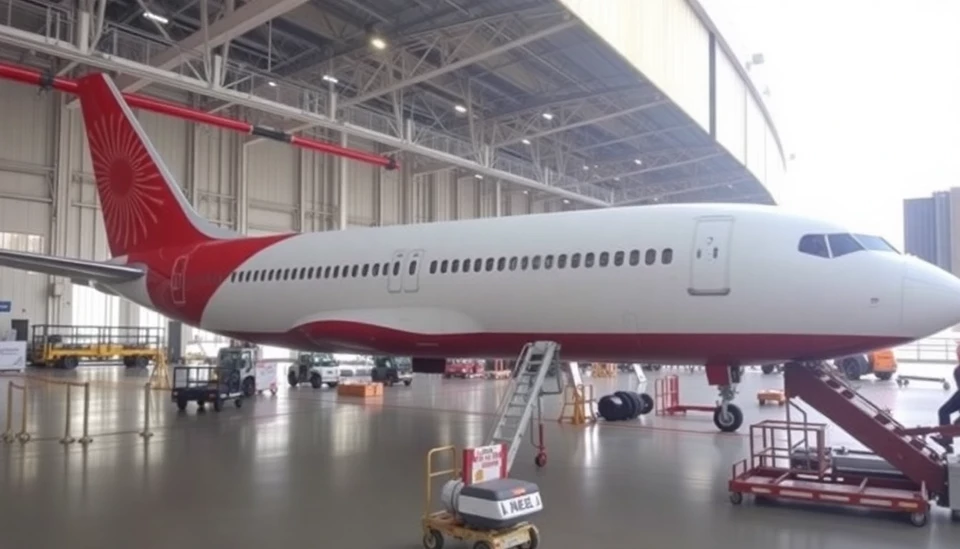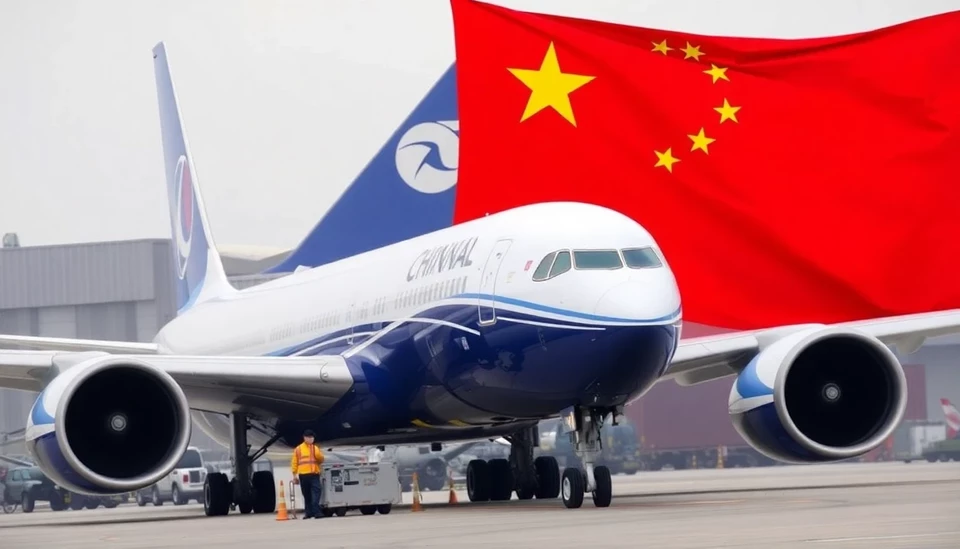
Boeing's financial stability is increasingly under scrutiny as S&P Global Ratings has warned that the aerospace giant might be downgraded to junk status if the current strike by its unionized workers persists. The strike, which has already stretched on for several weeks, threatens to exacerbate Boeing's operational difficulties, particularly in its commercial airplane division.
The critical situation stems from a combination of factors, including the recent labor strike at Boeing's facilities and the company's ongoing struggle to resolve its backlog of aircraft deliveries. The strike, involving thousands of workers represented by the International Association of Machinists and Aerospace Workers, has prompted disruptions in production schedules. These interruptions could lead to delays that would hinder Boeing's ability to meet customer demand as the global aviation market begins to recover from the effects of the COVID-19 pandemic.
S&P has indicated that if the strike continues much longer, it may have no choice but to lower Boeing's credit rating to a 'BB' status, which classifies it as junk. This would represent a significant shift for a company that has traditionally enjoyed investment-grade credit ratings. The implications of such a downgrade could be severe; it would likely increase Boeing's borrowing costs and make it more challenging to raise new capital, thereby impacting its long-term financial health and strategic operations.
Financial analysts are closely monitoring the situation, and there is significant concern regarding Boeing's ability to navigate these turbulent waters. With rising raw material costs and supply chain challenges already plaguing the industry, the possibility of increased labor costs due to the strike makes the outlook increasingly uncertain. Analysts suggest that a downgrade to junk status could also deter potential investors, dissuading them from investing in a company facing operational and financial instability.
The union has stated that their demands include better wages and improved working conditions, arguing that the long hours and high-pressure environment that have become commonplace at Boeing must be addressed. As negotiations continue, workers remain committed to their position, leading to concerns about how long productivity may remain stymied.
As aviation demand picks up globally, especially in the commercial segment, the time lost due to the strike is particularly unfortunate for Boeing. Airlines are eager to expand their fleets and meet the resurgence in travel, which places additional pressure on Boeing to resolve these issues swiftly and return to normal production levels.
Amid fears of a prolonged strike, both Boeing and its workers find themselves at a crossroads where the stakes couldn't be higher. The outcome of this labor dispute will not only affect Boeing's credit ratings but may also have a lasting impact on its position within the aerospace sector and its overall ability to compete in a rapidly evolving market.
As Boeing works through these challenges, all eyes will be on the negotiations between the company and the union, with hope for a resolution that will allow all stakeholders to move forward with renewed strength for the aviation industry.
#Boeing #CreditRating #LaborStrike #AerospaceIndustry #EconomicImpact
Author: John Harris




